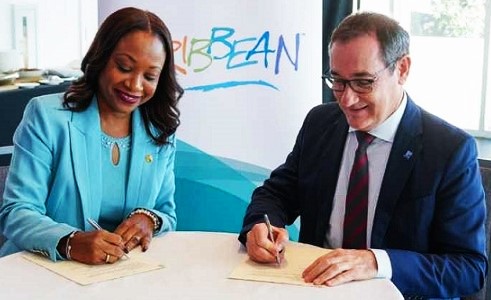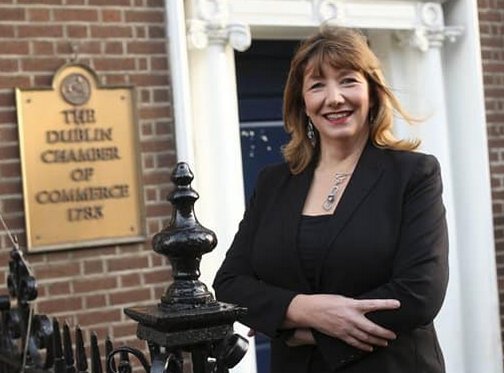Business leaders in Greater Birmingham said the real test for the government will be on their ability to deliver “real results” following the Chancellor’s Autumn Statement in which Philip Hammond pledged £5 million for a Midlands Rail Hub. In a low-key statement, he announced a further £392 million for West and East Midlands Local Enterprise Partnerships without specifying how much each would get.
However, he promised a “match fit” economy and would “ensure Britain remains the number one destination for business”. Mr Hammond announced a £23 billion national productivity investment fund, embracing housing, transport, digital communication and research and development.
There is also to be increased financing for business by introducing an additional £400m “Venture Capital” fund, distributed through the British Business Bank; doubling UK Export Finance capacity; £13m to support firms’ plans to improve their management skills (as recommended by Sir Charlie Mayfield’s review of business productivity).
The £5 million development funding for the Midlands Connect Rail Hub is a programme of rail upgrades in and around central Birmingham that could provide up to 10 additional trains per hour.
Employee and employer National Insurance thresholds are to be equalised at £157 per week from April 2017 (a maximum additional cost of £7.18 per employee per year) and from April 2017 tax savings on salary sacrifice and benefits will end, with exceptions for ultra-low emission cars, pensions, childcare and cycling. The National Living Wage will increase from £7.20 to £7.50 per hour in April.
Paul Faulkner, chief executive of Greater Birmingham Chambers of Commerce (BGCC), said: ““The Chancellor’s Autumn Statement focused on improving productivity, investing in transport, housing and digital infrastructure and supporting struggling families.
“While positive in principle, there’s no denying these are all pledges we have heard from the Government many times before. Our productivity gap, housing shortage, critical congestion and capacity issues and the now called ‘just about managing’ remain prevalent.
“The country needs to see action and outcomes. The test for the Government will be whether they can produce real results, something even more vital in the face of Brexit uncertainty.
“It will be some time before we see the results of these measures but there were some strong positives about this Autumn Statement. The national productivity investment fund sends a clear message that the government is ready to put cash behind tackling some of the fundamental challenges facing the UK.
“We also welcome the announcement of a £5million fund to support the development of a Midlands Rail Hub. The Chancellor’s attention to local growth is positive at a time when we are keen to see the regional devolution of powers continue apace.
“We also welcome the Chancellor’s decision to scrap the Autumn Statement and March Budget in their current form. Provided he follows through with his pledge of just one major fiscal policy event per year, businesses will welcome the greater certainty and consistency.
“There were some key items businesses should be aware of namely: the increase in the National Living Wage to £7.50 per hour, aligning of the employee and employer National Insurance Thresholds and new rules on taxation of employee benefits which will all come in to force in April 2017.”
















